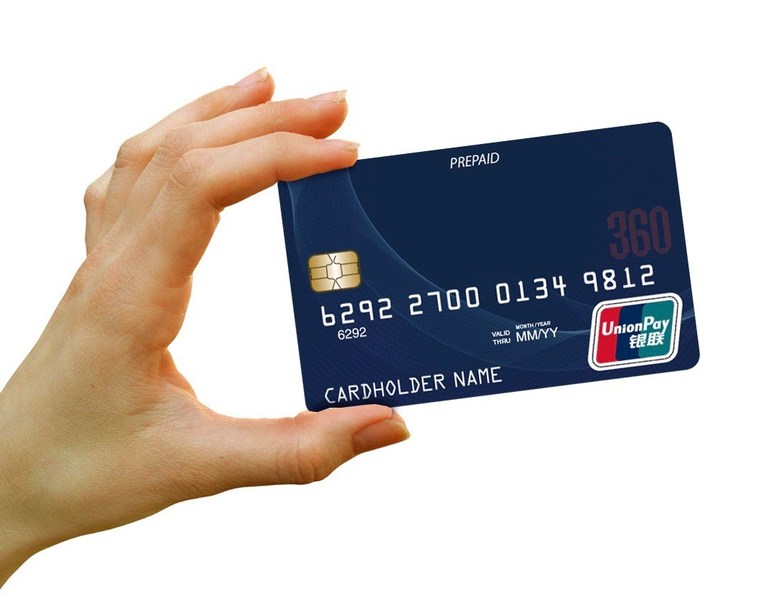
UnionPay White Label Card Issuing
When it comes to credit card payments, most people are familiar with Visa and Mastercard as the major card issuing companies. However, there is another player in the game that has been gaining traction in recent years – UnionPay. UnionPay is a Chinese card issuing company that is rapidly expanding its reach globally, and it has several advantages over Visa and Mastercard.
UnionPay’s Global Expansion
UnionPay was founded in 2002 and is operated by the People’s Bank of China. Initially, the company only provided services in China, but it has since expanded globally, and it is now available in over 180 countries. In 2020, UnionPay’s global transaction volume exceeded $19 trillion, making it the world’s largest card issuing company by transaction volume.
Advantages of UnionPay
One of the primary advantages of UnionPay is its low transaction fees. Compared to Visa and Mastercard, which charge merchants a fee of around 2%, UnionPay’s transaction fees are generally lower, making it an attractive option for businesses.
UnionPay has a strong presence in China, which is the world’s largest consumer market. With more Chinese consumers traveling overseas, UnionPay’s acceptance in foreign countries has become increasingly important. In fact, UnionPay has been expanding its partnerships with foreign banks and merchants to make it easier for Chinese consumers to use their cards when traveling abroad.
Challenges for UnionPay
One of the challenges facing UnionPay is its lack of brand recognition outside of China. While UnionPay is a well-known brand in China, it is still relatively unknown in other countries. This means that UnionPay may struggle to gain market share in countries where Visa and Mastercard have a strong foothold. However, the main challenge currently for expansion in the western world would likely be the current global geopolitical situation. Concerns could include potential upcoming sanctions or other restrictions, or simply unwillingness by western consumers to use any financial service/product with ties to China. Additionally, UnionPay may face pressure from regulators in countries like the United States, where there are concerns about the security of Chinese technology.
Conclusion
UnionPay is a card issuing company that is rapidly expanding globally, and it has several advantages over Visa and Mastercard, including lower transaction fees and a focus on security. However, UnionPay still faces challenges in gaining market share outside of China and navigating the complex regulatory environment. Nonetheless, as more Chinese consumers travel overseas, UnionPay’s global expansion is likely to continue even without major adoptation by western consumers.













